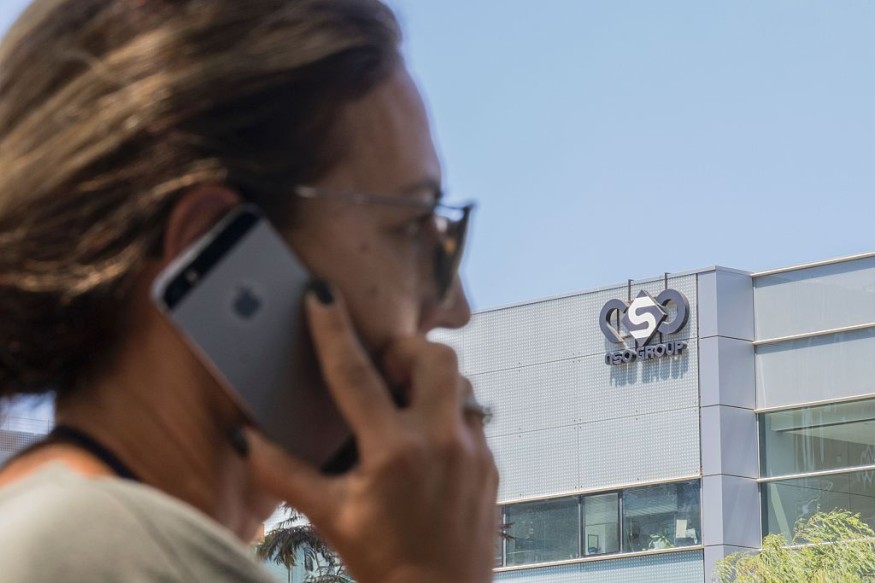Rights Group Wants to Stop Spyware Use in Mexico, Says Mass Surveillance Violates Right to Privacy

A rights group has called on the government of Mexico to stop the use of surveillance spyware until transparent regulations are in place concerning human rights.
Amnesty International, a United Kingdom-based rights group, has performed an in-depth analysis of numerous mobile devices from human rights defenders and journalists worldwide.
Dubbed as "Project Pegasus," this investigation uncovered widespread, persistent, and ongoing unlawful surveillance and human rights abuses perpetrated using Pegasus spyware of Israeli-tech firm NSO Group.
Edith Olivares Ferreto, executive director of Amnesty International Mexico, said they hope the revelation of the magnitude of illegitimate surveillance and impunity that operates in the NSO Group and its clients will lead to a revision of the accounts and regulation of an opaque sector, Aljazeera reported.
Project Pegasus of Amnesty International
The Pegasus Project is a collaboration by more than 80 journalists from 17 media organizations in 10 countries. Amnesty International provided technical assistance in conducting cutting-edge forensic tests on mobile phones to identify traces of the spyware.
Mexico was found to be one of the countries widely affected by surveillance spyware, with Journalists becoming a popular target. Of the more than 50,000 phone numbers, 15,000 were in Mexico.
Journalist Marcela Turati found that she was one of the 25 journalists in Mexico who had been reportedly targeted by spyware technology, DW reported.
Turati discovered it hours before an international network of researchers released information regarding the project. Turati said as a journalist, she always had a feeling that she's under surveillance in Mexico. She added that it took a while for her to absorb that she was targeted by Pegasus spyware.
Aside from journalists, politicians, human rights activists, judges, and doctors were also allegedly targeted for spying between 2016 and 2017.
At least 50 people linked to the leftist President Andres Manuel Lopez Obrador were on the list, including his wife, children, drivers, and even his cardiologist.
Meanwhile, two previous administrations had spent $61 million to buy Pegasus spyware, said Public Safety Secretary Rosa Icela Rodríguez, as reported by PBS News.
According to Rodriguez, records showed that 31 contracts had been signed during the administrations of former presidents Felipe Calderon and Enrique Peña Nieto.
Front companies were used to sign contracts with the NSO Group in Mexico. Kickbacks and avoiding taxes could happen by using front companies.
In addition, there were excess payments for the bills for programs like Pegasus spyware, which could have been directed back to government officials, according to Santiago Nieto, who is the head of Mexico's Financial Intelligence Unit.
NSO's Pegasus spyware can infiltrate a mobile device through a text message that the user would click, and it can monitor messages, phone calls, chats, contacts, and emails.
NSO Group
Israeli officials have probed the offices of the NSO Group in response to the Project Pegasus investigation after several government top-rank officials have been included in the list. French President Emmanuel Macron's phone number was also included in the leaked database.
NSO said in several statements that the fact a phone number appeared on the leaked database was in no way an indication that it was selected for surveillance for Pegasus, The Guardian reported. The company noted that the numbers collected were not linked to the NSO Group.
The Israeli defense department has appointed a review commission to examine whether policy changes are needed on exports of cyber-surveillance technologies.
This article is owned by Latin Post
Written by: Mary Webber
WATCH: Pegasus: Surveilling journalists from inside their phones | The Listening Post (Feature) - From Al Jazeera English
Subscribe to Latin Post!
Sign up for our free newsletter for the Latest coverage!

















